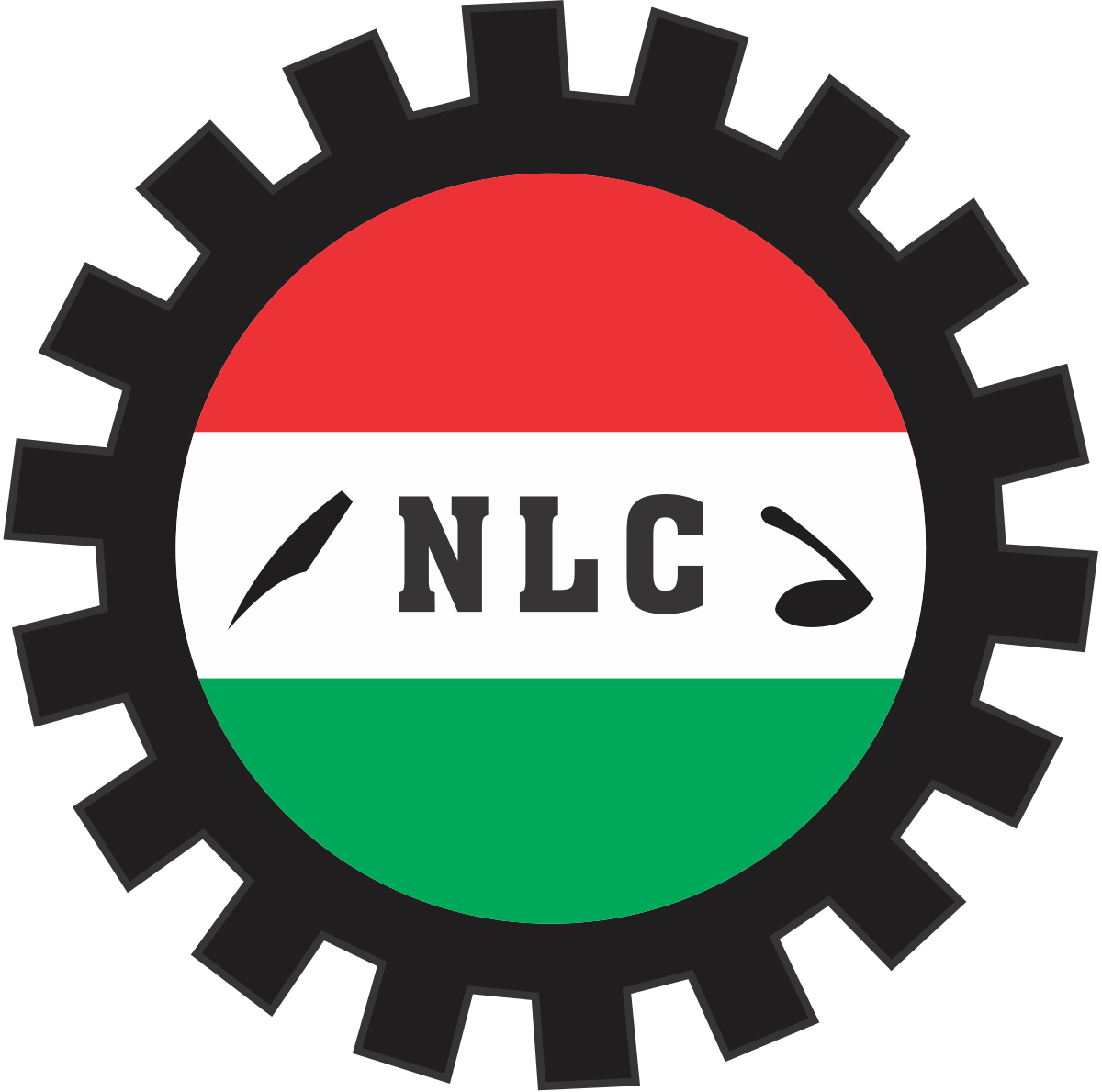By Abimbola Mohammed
President Bola Ahmed Tinubu’s affirmation of the removal of subsidy in his inaugural address during his inauguration ceremony on 29th of May 2023, has elicited diverse responses from Nigerians. While a section of the country has hailed the removal, another section has condemned it in its entirety. While some worry about the timing of the removal, others still question its abruptness and non- emplacement of ways to cushion the effect on hapless Nigerians. However, it is the nationwide strike threat response of the Nigeria Labour Congress (NLC) that forms the subject of this piece.
It should be noted that the move to remove subsidy in its entirety did not start with the Tinubu administration. While previous administrations had tried it with little success, the death knell on subsidy was rung by the Buhari administration with the funeral toll being the lack of provision for it beyond the month of May in the 2023 appropriation bill that became an act with the passage of the National Assembly and accent of the President.
Also former President Muhammadu Buhari did not fail to remind Nigerians, especially in the two weeks preceding the hand over that subsidy had been removed because if “it is a hydra-headed monster that if we did not kill it, it will kill Nigeria”. This was why even before the announcement was made, the price of fuel per liter was oscillating between N185 to N205 depending on the filling station of choice but following the inaugural address, most filling stations closed for business claiming non availability of products. The few that were selling were doing so at between N600 and N700 per litre.
Two days after, NNPC Ltd., announced an upward adjustment in prices of premium motor spirit (PMS) from N185 to between N448 and N600.
Most filling stations have since adjusted their meters to reflect the NNPC Ltd prices but that was after fuel queue have resurfaced and marketers were fleecing the consumers. It is in response to this development that the NLC sent a letter of notification of strike to the Federal government. It also dispatched letters to its 43 affiliate unions, mobilizing them for the strike
According to the letter signed by Emmanuel Ugboaja, NLC General Secretary, “Congress decided to embark on a nationwide action and withdrawal of services, against the fraudulent increase in the prices of fuel across the thirty-six states of the Federal Republic of Nigeria and the FCT.”
Meanwhile, many Nigerians have queried NLC’s quick recourse to industrial action at this time. To them, an NLC that didn’t utter a word in the defense of hapless Nigerians when they were subjected to the grueling currency redesign and cash crunch policies has lost the moral right to call Nigerians on the streets. They are particularly peeved because, for once in the annals of the country, NLC was openly partisan, supporting the Labour Party candidate who did not mince words that subsidy removal would be the first thing he would do if voted into office.
Nevertheless, NLC activated its mobilization machinery by writing to all its 43 affiliate unions to mobilise for the scheduled industrial action. Even though some chapters of the NLC have said they would not join the strike as they believe the intentions of NLC is deliberate to sabotage the effort of the new administration, the air was taken off its sail when the other labour center, the Trade Union Congress, TUC, elected to ‘jaw jaw’ and dialogue with the Federal Government rather than ‘war war’.
Over the weekend a meeting was held by the Federal government and TUC to reach agreement on ways to resolve the proposed strike, although NLC was of course absent, but the TUC made some demand they want upward review of the minimum wage, fixing refineries and providing palliatives to vulnerable Nigerians. While NLC boycotted the meeting called by the federal government to address the issues, TUC went prepared with a list of demands which the government accepted and promised to set up a tripartite committee to oversee the implementation.
This and the restraining court injunction eventually persuaded the NLC to toe come to the negotiation table thus leading to the suspension of the strike action and toe the TUC line.
Meanwhile, bothered by the prospect of a strike at this juncture where the country is facing critical economic challenges like spiraling inflation, insecurity, high rate of unemployment, and serious infrastructural deficit coupled with a huge debt burden and dwindling resources and earnings, some informed Nigerians have bared their mind about the desirability of otherwise of a strike action.
Dr. Diran Fawibe, Group chairman CEO, International Energy Service Limited, while speaking in an interview on Arise TV monitored by MARKETING EDGE, he said it is an open secret that the price of fuel will have to go up come July 2023, adding that the Buhari administration indicated that it would be passing the issue of subsidy removal to the incoming administration.
His words: “It is also not a secret that there was no provision for subsidy with effect from July 2023 and Labour Union that has traditionally oppose the removal subsidy was aware of the budget of 2023 up to June and if that was the case then nobody should claim that they are unaware that the price of petrol will go up. President Bola Ahmed Tinubu has just been honest, swearing to the new constitution that he will maintain the rule of law. So if there was no provision for fuel subsidy with effect from July it will be illegal for the new administration to take money from nowhere to start to subsidize fuel price.”
Dr. Fawibe continued: “It will be very unfortunate and tragic for the Labour Union to take a position of strike, there are different measures that should be taken to prevent this nationwide strike and that is by going into serious dialog with the new administration. If the Labour Union are patriotic and friends of the nation and they don’t have a hidden agenda, I don’t expect them to go ahead with strike because it will cause additional havoc on the Nigeria economy. Our economy is in a fragile situation, they should listen to the voice of reasoning. It is about time they should consider an alternative approach to the issue of fuel subsidy in terms of strike. Strike every day, I think we have had enough, we have knowledgeable people in the NLC and I understand that they are trying to mobilize people from other trade associations. Patriotic Nigerians should come forward and tell them that instead of causing a crisis in the country they should reason with the government.”
Okwara Udensi, chairman, Manufacturing Association of Nigeria, MAN, Edo/Delta branch, in an interview said the only way out of the mess is for the Federal Government to come to terms with the demands of the labour unions for the interest of the economy.
“If the unions are saying they want to use the strike as a strategy to compel the government to listen to the peoples’ plight after talking with them without getting a serious response, then it is okay.
“However, we, as manufacturers, beckon on the union and the government to resolve the issue amicably because if it goes into a strike, the economy will shut down and it will affect us because when the economy is shutdown, there will be no business, no production, no movement of vehicles to transport goods, banks will close. So it is not going to help the manufacturers sector.
It could be recalled that at the Seventh Democratic Transition, Dr. Akinwunmi Adesina, President of African Development Bank (AFDB) said: “Nigeria currently faces fiscal debt deficit estimated to as 6% of the GDP and have been due to several challenges including low receipts to do t revenues, export of crude oil, vandalism of pipeline and illegal bunkering of crude oil. According to the Nigeria debt management office, Nigeria now spends 96% of its revenue servicing debt for the debt to revenue ratio rising from 83.2% in 2021 to 96.3% by 2022. Some will argue that the debt to UTP ratio at 34% is still low compared to other countries in Africa and that is absolutely correct but no one pays their debt using GDP. Debt is paid using revenue and Nigeria’s revenue has been declining. Nigeria earns revenue today to service debt and not to grow. The place to start therefore is to remove inefficient fuel subsidies.”
He added that Nigeria fuel subsidy benefits the rich not the poor, fuelling theirs and the government endless fleets of cars at the expense of the poor. Estimate shows that the poorest 40% of the population consumes just 3% of petrol. Fuel subsidies are killing the Nigeria economy costing the Nigeria economy $10billion alone in 2022 and that means Nigeria is borrowing what it doesn’t have to borrow for. If it simply eliminates these inefficient subsidies and uses the resources well for national development, support should be provided to private sector refineries and modular refineries to allow for efficiency and competitiveness to drive down fuel pump prices.






Comment
No comments found.